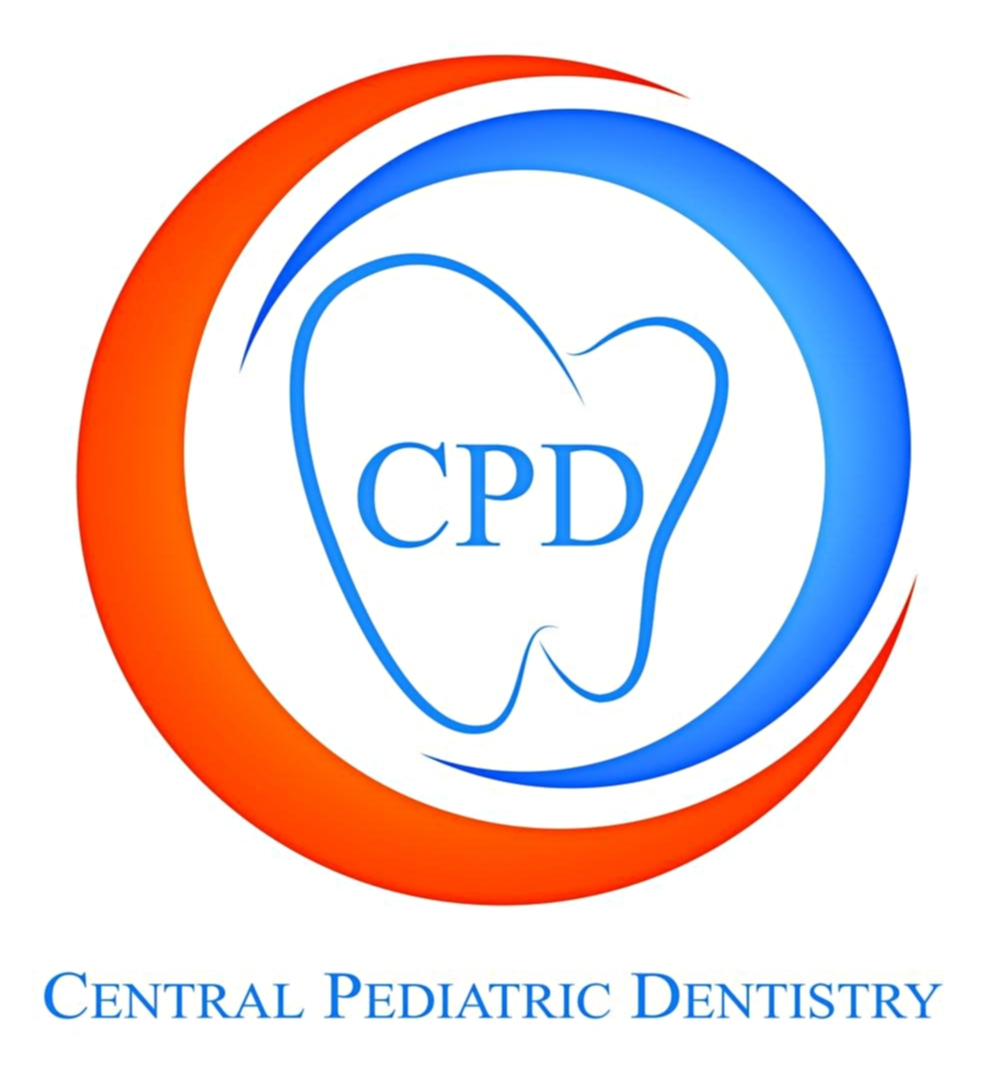About Teeth
Throughout your life, you will have two sets of teeth: primary (baby) teeth and secondary (permanent) teeth. The primary teeth appear around ages 6-8 months, and all 20 are in place by age 3.
Permanent teeth will begin to grow around age 6, and with the exception of wisdom teeth, are all present between ages 12 and 14. The next teeth to grow in are the 12-year molars and finally the wisdom teeth. Wisdom teeth typically begin breaking through from age 17 and on. The total number of permanent teeth is 32, though few people have room for all 32 teeth, which is why wisdom teeth are usually removed.
Your front teeth are called incisors. The sharp "fang-like" teeth are canines. The next side teeth are referred to as pre-molars or bicuspids, and the back teeth are molars. Your permanent teeth are the ones you keep for life, so it is important that they are brushed and flossed regularly and that periodic check-ups by a dentist are followed.
Common Teeth Problems
Tooth Decay
Caries, or tooth decay, is a preventable disease. While caries might not endanger your life, it may negatively impact your quality of life.
When your teeth and gums are consistently exposed to large amounts of starches and sugars, acids may form that begin to eat away at tooth enamel. Carbohydrate-rich foods such as candy, cookies, soft drinks and even fruit juices leave deposits on your teeth. Those deposits bond with the bacteria that normally survive in your mouth and form plaque. The combination of deposits and plaque forms acids that can damage the mineral structure of teeth, with tooth decay resulting.
Sensitive Teeth
Your teeth expand and contract in reaction to changes in temperature. Hot and cold food and beverages can cause pain or irritation to people with sensitive teeth. Over time, tooth enamel can be worn down, gums may recede or teeth may develop microscopic cracks, exposing the interior of the tooth and irritating nerve endings. Just breathing cold air can be painful for those with extremely sensitive teeth.
Gum Disease
Gum, or periodontal, disease can cause inflammation, tooth loss and bone damage. Gum disease begins with a sticky film of bacteria called plaque. Gums in the early stage of disease, or gingivitis, can bleed easily and become red and swollen. As the disease progresses to periodontitis, teeth may fall out or need to be removed by a dentist. Gum disease is highly preventable and can usually be avoided by daily brushing and flossing. One indicator of gum disease is consistent bad breath or a bad taste in the mouth.
Canker Sores
Canker sores (aphthous ulcers) are small sores inside the mouth that often recur. Generally lasting one or two weeks, the duration of canker sores can be reduced by the use of antimicrobial mouthwashes or topical agents. The canker sore has a white or gray base surrounded by a red border.
Orthodontic Problems
A bite that does not meet properly (a malocclusion) can be inherited, or some types may be acquired. Some causes of malocclusion include missing or extra teeth, crowded teeth or misaligned jaws. Accidents or developmental issues, such as finger or thumb sucking over an extended period of time, may cause malocclusions.
